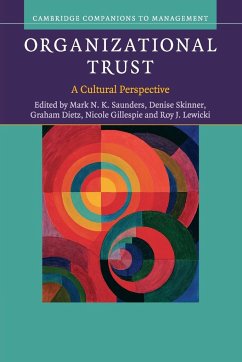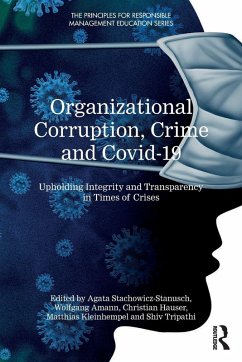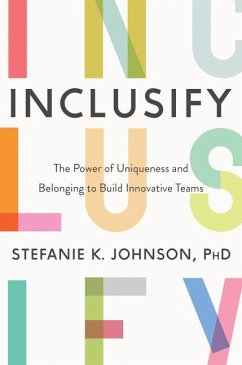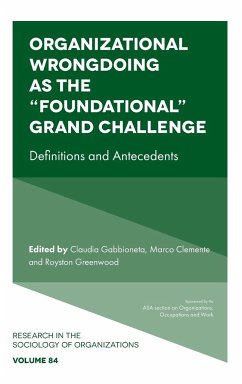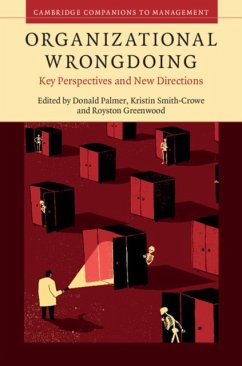
Organizational Wrongdoing
Key Perspectives and New Directions
Herausgeber: Palmer, Donald; Greenwood, Royston; Smith-Crowe, Kristin
Versandkostenfrei!
Versandfertig in 2-4 Wochen
97,99 €
inkl. MwSt.
Weitere Ausgaben:

PAYBACK Punkte
49 °P sammeln!
This book is for established researchers and advanced students interested in the field of organizational wrongdoing. It is a comprehensive overview of the causes, processes and consequences of misconduct and wrongdoing across all stages of an organization.





